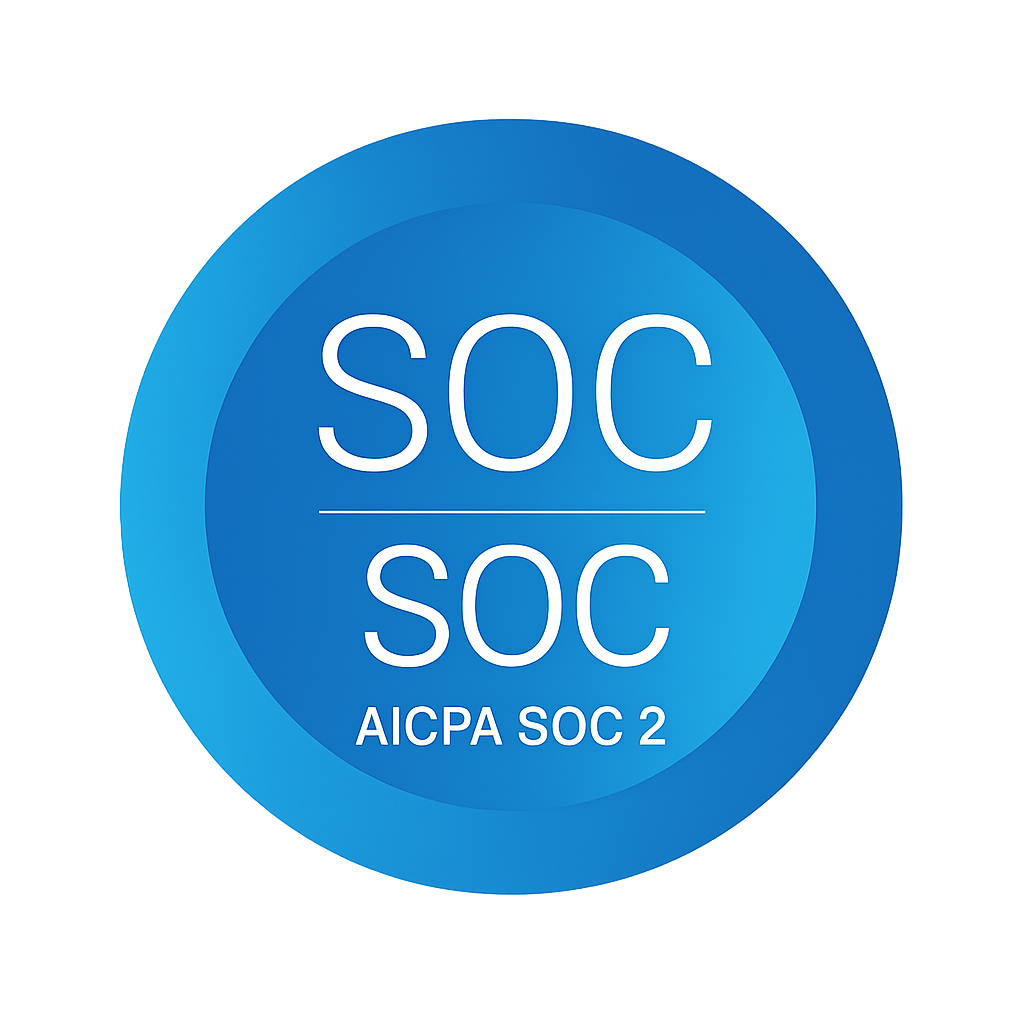Here’s What No One Tells You About Full Stack Development
You think your startup just needs a frontend dev and a backend dev. Maybe someone to manage the APIs.
But what no one tells you is this:
Code Smart, Scale Seamlessly
Without full stack thinking, your product won't scale — it’ll sprawl.
We've worked with dozens of fast-moving startups at BayRock Labs, and the story is always the same: they start scrappy, hire some freelance devs, and six months later, they’re knee-deep in spaghetti code with no clear owner.
The problem? Fragmented tech thinking.
The solution? Full stack development done right.
Full Stack Is Not Just About Skills — It’s About Ownership
When most people think of full stack, they think one dev who knows frontend and backend. That’s part of it.
But in the real world, full stack development is about seamless ownership — across the entire product experience.
- When a user complains about a slow dashboard, is it a UI issue or a database query?
- When a new feature is requested, how do you plan it from screen to schema?
- Who connects the product vision to the architectural decisions?
Only a full stack mindset can answer all three — without losing context.

The Hidden Cost of "Just Enough Devs"
Startups often try to save money by hiring specialists for each part of the stack.
Sounds smart, right? But here’s what happens:
- Frontend devs get blocked waiting on backend APIs
- Backend devs over-engineer features that don’t match the UI flow
- Founders end up in Slack hell, translating between both
Result? Burnout, rework, missed deadlines.
A full stack team solves this by aligning product, UI, logic, and data — from the start.

BayRock Labs’ Approach to Full Stack for Startups
At BayRock Labs, we don’t just “do” full stack. We embed full stack thinking into every sprint, prototype, and product decision.
Here's how:
- Cross-functional squads: Designers, frontend, and backend devs work in the same cycles
- Rapid MVPs: We scope just enough to test ideas — but design architecture that can grow
- Tech stack strategy: MERN, MEAN, or something else? We choose based on your growth plans
- Built-in scalability: From day one, we plan for scale, performance, and change
Most importantly, we don’t throw code over the wall. Every feature is tied to a user need, and every line of code supports a bigger vision.
Final Thought: Don’t Just Ship — Ship Smart
Startups don’t have time to rewrite code every six months.
That’s why full stack development isn’t a luxury — it’s a survival strategy.
Want to ship smarter, not just faster?
Partner with BayRock Labs to build full stack products designed for growth.
Want more insights from BayRock Labs? Subscribe to our email newsletters here.



















.png)

.png)








